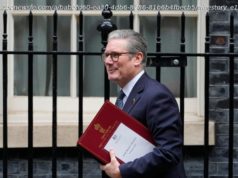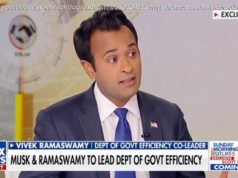‘Iraqi elections have been remarkably civil compared to the poisonous atmosphere of 2005’ says an expert.
Iraqis are going to the polls to elect their first parliament since the country’s government declared victory over ISIS. Radio Sputnik discussed the elections with Bamo Nouri, PhD researcher, associate fellow of the Higher Education Academy, City, University of London.
Twenty-four million Iraqis are said to be eligible to vote and some 7,000 candidates are competing for 329 seats in parliament. These include a former prime minister, Nouri al-Maliki; a paramilitary leader, Hadi al-Amiri and — for the first time — many women.
I think his [success] in producing stability is evident in this election, which has been remarkably civil, compared to the poisonous atmosphere of 2005,2010 and 2014. I even think if you look at what one sunni lawmaker from the Salah al-Din province said — that he decided to run on al-Abadi’s list solely because this guy is a cross-sectarian — and his list is the first since 2003 to include all provinces, with Sunnia, Shia, Kurdish [and other] candidates.
The other groups, I’d say, are the alliances, one is led by Muqtada al-Sadr and the other one is led by Hadi Al-Amiri. They, I’d say, are the main competitors.
The first one is the Fatah coalition led by Hadi Al-Amiri; this faction is the umbrella for a traditional Islamic Supreme [Council] of Iraq and other Shia military groups and Popular Mobilization Units. The Fatah is known to have received a lot of material support from Iran, which does not stand well with the Iraqi public. Al-Amiri’s own performance when he was the Prime Minister received a lot of criticism based on decisions he made, based on nepotism and a series of statements he made historically, and the overall state of poverty and dismay in Iraq.






